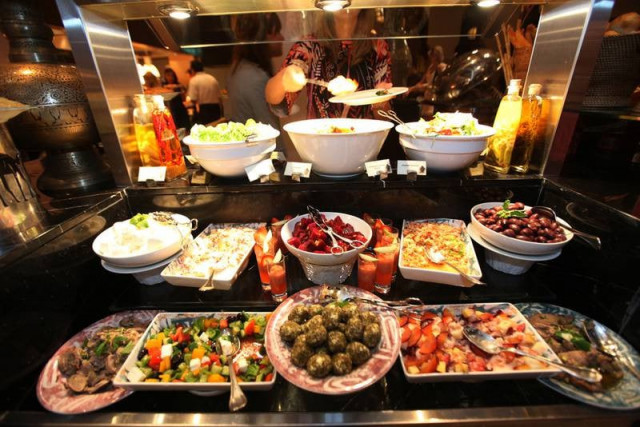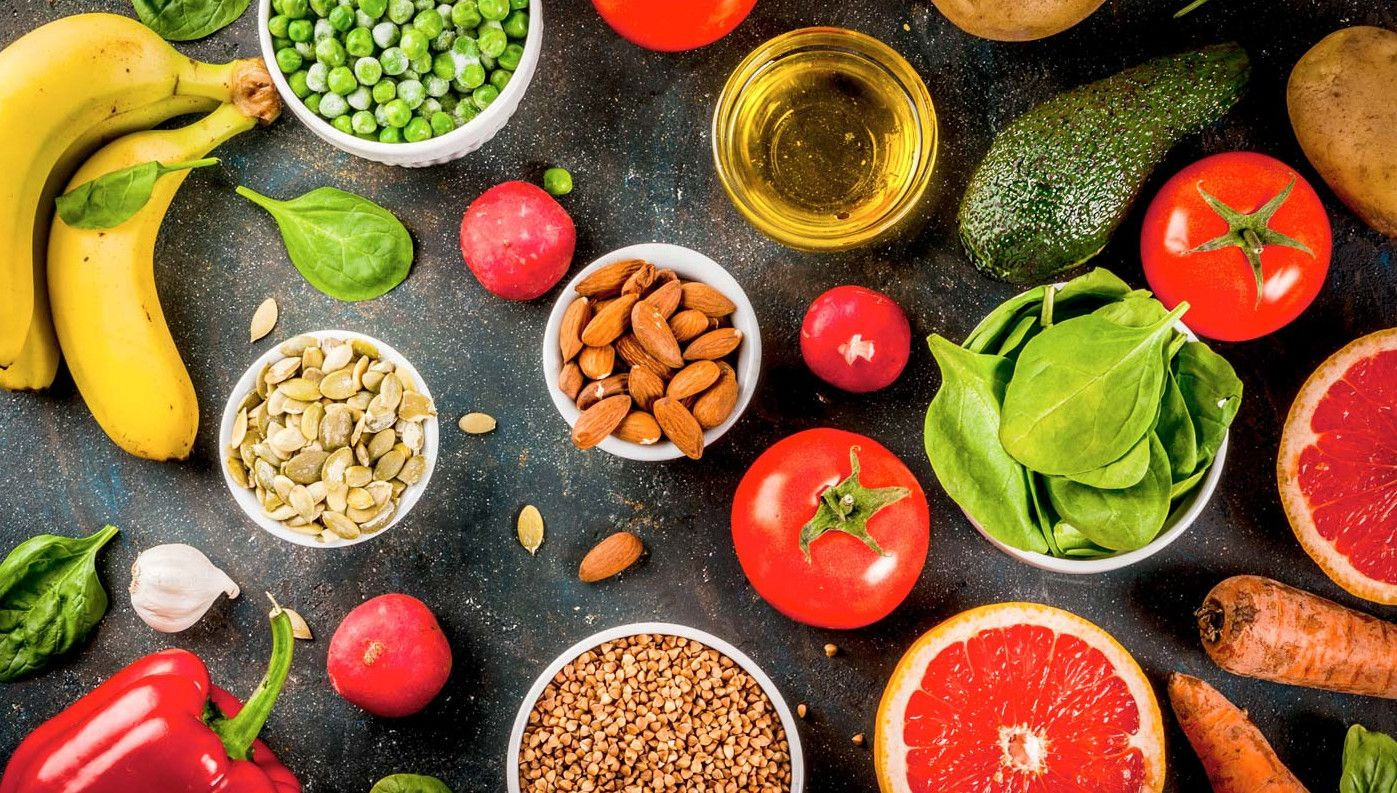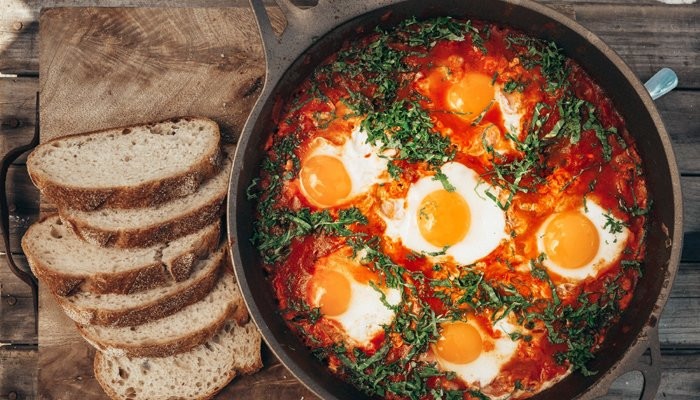Everything you must eat and avoid during iftar and sehri
To ensure our rozas don't become counterproductive, clinical dietitian shares a list of dos and don’ts.

Everything we eat or choose not to eat has an impact on our energy levels during Ramazan. And after fasting all day, there is often this temptation to munch endlessly on fried food and overdose on sugary beverages, without giving a second’s worth of thought to the many ways we are doing a disservice to our bodies by putting our days’ worth of effort to waste.
Thus, in order for us to not make our rozas counterproductive, clinical dietitian at Burjeel Hospital Abu Dhabi, Rahma Ali, has shared a list of dos and don’ts during iftar and suhoor meals, with the National News. “Fasting during Ramazan can improve one’s health but only if done in properly, otherwise it can cause more harm than good,” Ali asserts. Thus, listed below are Ali’s recommended suggestions for foods one should eat or steer clear of during iftar and sehri.
IFTAR ESSENTIALS

Potassium-rich fruits: Potassium minimises cramps, maintains fluid and electrolyte balance in the body. Foods that are high in potassium include beans, dark leafy greens, potatoes, squash, yogurt, avocados, mushrooms, and bananas. Dates are nutrient powerhouses that are a good source of potassium too, making them an excellent snack to break your fast with. They not only help the body hydrate quickly, but provide instant energy.
Sufficient fluids: Drink as much water or fruit juices as possible between iftar and bedtime to avoid dehydration.
Raw nuts: Almonds contain good fats which are essential, particularly when your body has been craving fats after the long hours of fasting. Raw nuts are perfect for iftar as they help you feel full without needing to binge.
Hydrating vegetables: Cucumbers, lettuce and other vegetables are high in fibre and water. They also keep your skin healthy and help avoid or relieve constipation during Ramazan.
What to avoid
Carbonated drinks: Processed beverages that are high in sugar are a big no. They increase your risk of obesity and can cause bloating, gas, leading to indigestion. Stick to regular water and coconut water to quench your thirst.
High-sugar foods: Needless to say, high-sugar foods should be avoided as they contain very little nutritional value and are high in calories.
Fried-foods: Greasy snacks like fried dumplings, samosas, pastries and oily curries, should be avoided since they are loaded with fats and fatty foods after long hours of fasting can cause acidity and indigestion.
SEHRI ESSENTIALS

Protein-rich food: Eggs are high in protein and other nutrients. They not only help you to stay full for longer, but can be made in several ways to suit your tastes.
Fibre-rich food: Oatmeal is rich in fibre, which your body needs during suhour. Soluble fibre turns to gel in the stomach and slows digestion. This lowers cholesterol and blood glucose levels, keeping you energised throughout your fast.
Calcium and vitamin-rich foods: Rich in calcium and protein, dairy products are a great source of nutrition. Go for a yoghurt smoothie or choose a vanilla and honey milkshake to stay full and hydrated throughout the day.
What to avoid
Simple or refined carbohydrates: Pastries, donuts and croissants, provide satisfaction for only three to four hours and are low in essential nutrients.
Salty food: An imbalance of sodium levels in your body makes you very thirsty while fasting, so try to avoid salted nuts, pickles, chips and foods that contain soya sauce.
Caffeinated drinks: Tea, coffee can lead to insomnia and restlessness. In addition, instead of keeping your body hydrated, they keep you longing for water the whole day.
Have something to add to the story? Share it in the comments below.



















COMMENTS
Comments are moderated and generally will be posted if they are on-topic and not abusive.
For more information, please see our Comments FAQ